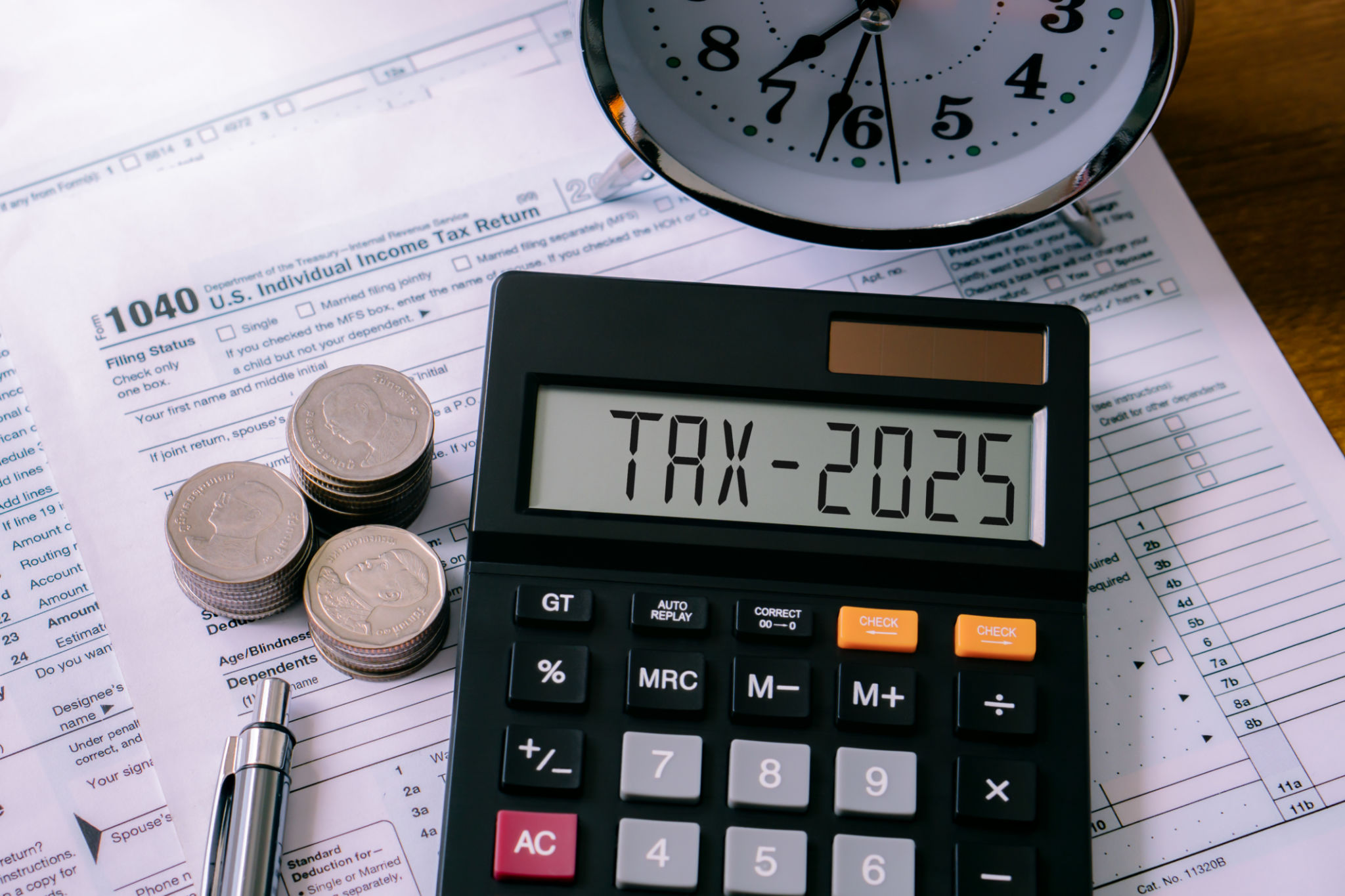Understanding Cryptocurrency Regulations in the UK: What Traders Should Know
Introduction to Cryptocurrency Regulations
Cryptocurrency has become a popular investment vehicle, prompting governments worldwide to establish regulatory frameworks to manage its growth and mitigate potential risks. The UK is no exception, with its financial authorities taking significant steps to regulate the use and trading of cryptocurrencies. This blog post aims to provide traders with a comprehensive understanding of the current cryptocurrency regulations in the UK.

The Role of the Financial Conduct Authority (FCA)
The Financial Conduct Authority (FCA) is the primary regulatory body overseeing cryptocurrency activities in the UK. Since January 2020, the FCA has required all cryptocurrency businesses to register and adhere to its Anti-Money Laundering (AML) and Counter-Terrorist Financing (CTF) regulations. This includes exchanges, wallet providers, and any other business offering cryptocurrency-related services.
FCA Registration Requirements
To operate legally, cryptocurrency businesses must submit detailed information about their operations, including disclosures about their management team and business model, risk assessments, and compliance measures. Failure to register with the FCA can result in significant penalties, including fines and business shutdowns.

Tax Implications for Cryptocurrency Traders
In the UK, cryptocurrencies are considered assets for tax purposes, meaning that any gains made from trading or selling them are subject to Capital Gains Tax (CGT). Traders must keep accurate records of their transactions to calculate their tax liabilities correctly. Personal allowance thresholds apply, but exceeding these can lead to taxable events.
Tax Reporting Obligations
Traders are responsible for reporting their cryptocurrency gains through their annual self-assessment tax return. It is crucial to maintain detailed records of each transaction, including purchase price, sale price, and transaction dates, to ensure accurate reporting and avoid potential penalties from HM Revenue and Customs (HMRC).

Consumer Protection Measures
While the FCA provides some oversight, it is essential for traders to understand that cryptocurrencies are largely unregulated. This means there is limited recourse for consumers who suffer losses due to fraud or market volatility. Traders should exercise caution and perform thorough due diligence before investing in or using cryptocurrency platforms.
Protecting Your Investments
Utilizing secure wallets and reputable exchanges can help protect your investments from potential fraud. Additionally, staying informed about the latest regulatory updates can help traders navigate the evolving landscape of cryptocurrency regulations in the UK effectively.
Conclusion
The UK’s approach to cryptocurrency regulation is continuously evolving as the market grows and changes. By understanding the current regulatory environment and staying informed about potential changes, traders can make more informed decisions and mitigate risks associated with cryptocurrency investments. Always consider seeking professional advice to ensure compliance with all applicable laws and regulations.